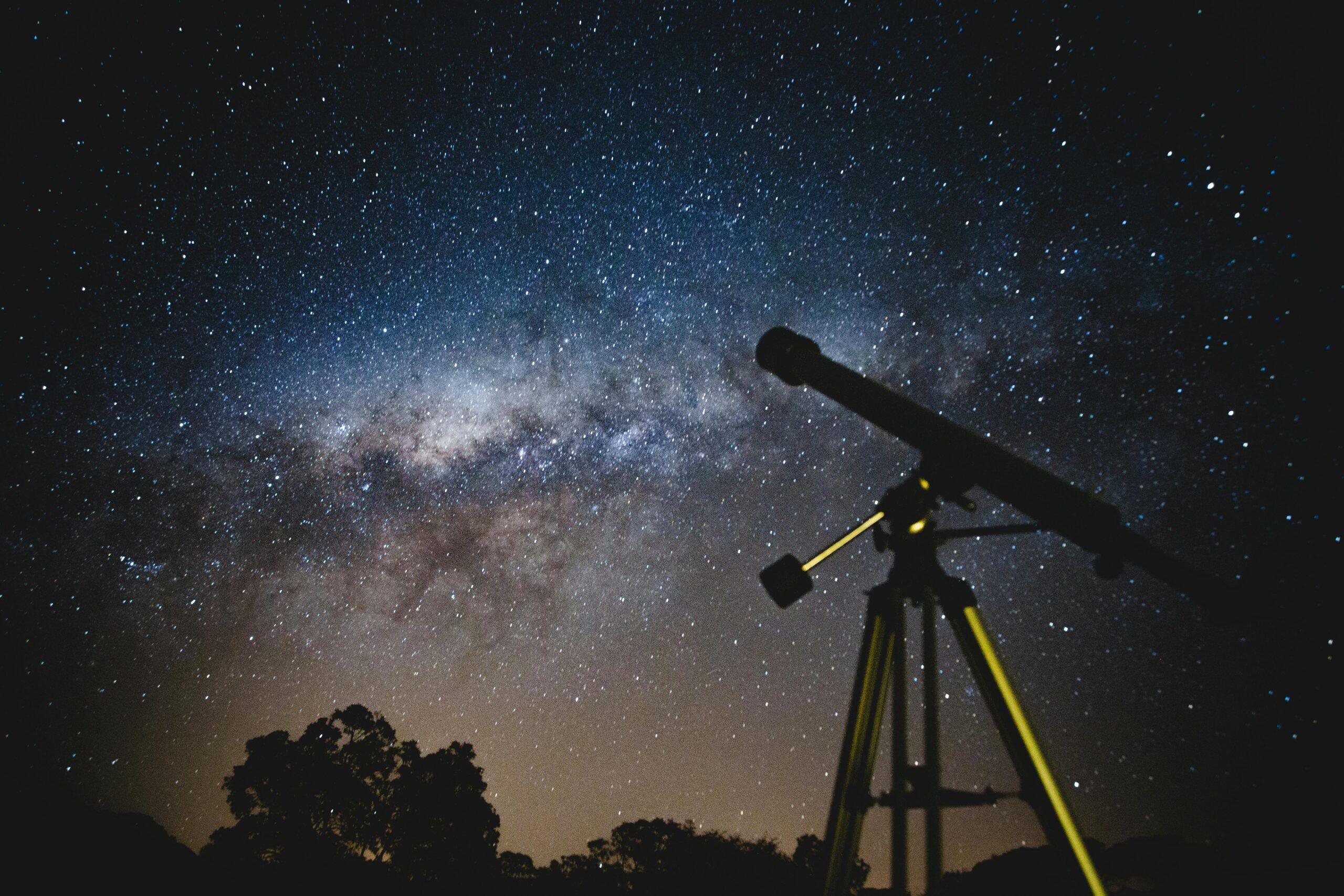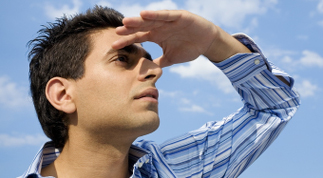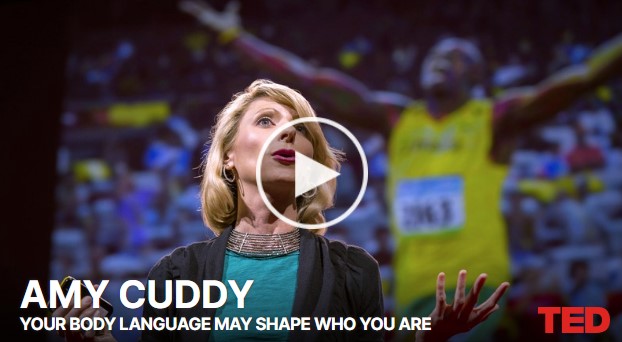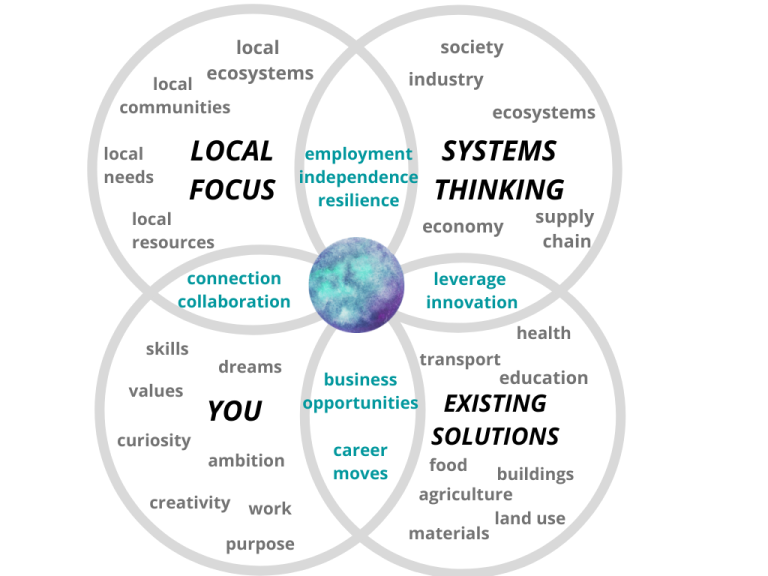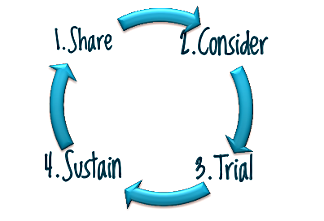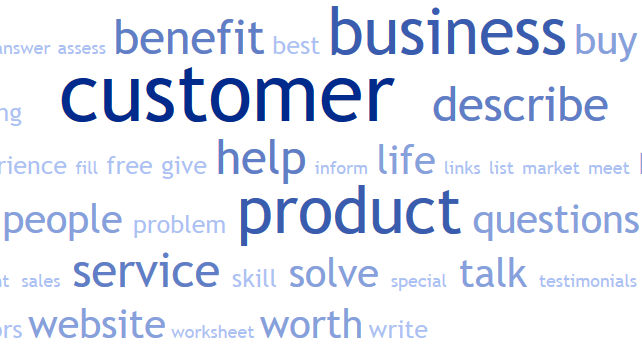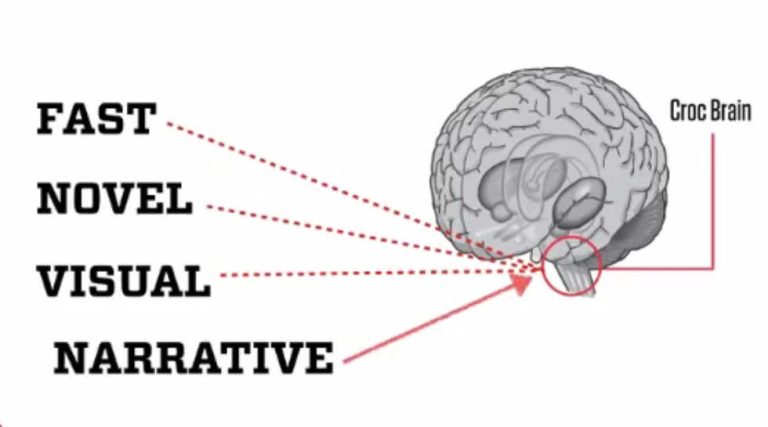Galileo, heresy, physics, seduction and the emerging regenerative economy…
Many years ago, the subject History and Philosophy of Science was a required subject in my undergraduate degree. In it I learned about Galileo – the Italian physicist, mathematician, astronomer, and philosopher who championed heliocentrism – the then controversial proposition that the earth went around the sun. The mindset change he championed resonates strongly with the shift to regenerative thinking.
Galileo is famous for substantially improving the telescope – the technology to prove the heliocentric proposition. His work was controversial in his lifetime – he was tried by the Inquisition for heresy, however because all he was doing was making a better telescope, he avoided being burned at the stake (although he did spend the rest of his life under house arrest).
Turning a world view on its head is heresy…
Essentially, what Galileo and his predecessor Copernicus were doing was to turn a well-established world view on its head, challenging the social systems and culture heavily invested in an Earth-centred universe. Regenerative economics and sustainability demand a similar level of mindset change as business grapples with its relationship to communities and ecosystems.
Mindset change can be a risky business, as Galileo knew only too well. The work of current day biologist and philosopher Humberto Maturana gives us a new understanding of the challenges of changing minds and hearts.
Maturana suggests that we consider social change from the point of view of heresy, as major mindset shifts end up challenging the boundaries of acceptable thinking and behaviour. He points out that human social systems and cultures are inherently conservative, as individual members seek to preserve their own identities through established social practices.
Sustainability as heresy…
To conventional business thinking, sustainability can been seen as ‘heresy’ against their understanding of the relationship between business activity and its host planet. Some of the heresies of sustainability include:
- The earth’s resources are finite, not infinite;
- Business operates within communities and ecosystems, not outside them; and
- Humans control ecosystems.
Regenerative business thinking from approaches such as The Blue Economy and The Circular Economy build further on these heresies, including propositions such as:
- Business delivers value through products of service, not products;
- There is no waste, only un-valued byproducts;
- Small smart local solutions win over global solutions delivered in mass with massive technology; and
- Single-flow process optimisation is actually hugely wasteful.
There are other heresies implicit in sustainable and regenerative business, but these are the types of changes in world view that are demanded.
Conservation and conservatism…
Galileo was seductive because his maths worked better and his improved telescopes proved it. Over time his better, more elegant solutions just made more sense. Similarly, a wealth of business evidence has been building over recent decades that strategic, integrated sustainability programs deliver great business results. (Research the stories of Interface Flooring, the Borough of Woking or Close the Loop if this is news to you.)
Like Galileo, when we seek to change a social system such as a business or an economy, we are challenging more than ‘the system’. We are challenging the individual and cultural identities inextricably bound into the roles and responsibilities of the individuals inside that social system.
These systems are inherently self-conserving and preserving. Whatever the “rightness” of our goal OR our skill as change agents, we can and should expect suspicion, caution and hostility as absolutely natural – and develop strategies to deal with tem.
Social change, emotion and constructive seduction…
Maturana contends that social change is an emotional phenomenon because the boundaries of social systems are emotional ones. He highlights the role of seduction in facilitating social change, saying “social boundaries can only be crossed through the emotion of seduction, never through reason”.(1)
In speaking of social change as seduction, Maturana isn’t proposing deceit or exploitation – he’s proposing a constructive, positive process that compassionately explores the core values and deep concerns of those facing deep change.
The word ‘seduce’ is related to the Latin word ‘educe’ – to bring out or bring forth. Constructive seduction is based on compassion rather than aggression. It is about creating the conditions that are conducive to bringing forth the capability to change that exists within human nature.
If we consider sustainability and regenerative economics as forms of heresy, we can deal more effectively with the emotional and social barriers to change. We can do change-agency more effectively if we don’t limit our strategies to appeals to ‘reason’ or hammering on the fear of dreadful consequences.
Knowing that we’re engaged in heresy, we know that we need to be attractive and constructively seductive. We can focus on holding others as legitimate in seeking to meet their core concerns. We can focus on finding ways to work with them towards the mindset shifts of regenerative thinking and action. We can work with them to explore their opportunities to thrive by taking up these exciting new mindsets and business models.
Physics, sustainability and seduction…
Galileo was a physicist and it’s fascinating that Blue Economy proponent Gunter Pauli emphasises that physics rather than chemistry is a foundation stone of a regenerative future. Personally, I find Gunter’s work deeply, constructively seductive in the best sense – most recently in the video Going Beyond my Own Dreams. Perhaps Galileo would be proud…
Who do you want to influence?
Who is your target audience for sustainability advocacy? How are you approaching them? How well is it working? Are you trying a bit to hard to convince them? How could you apply a little constructive seduction?
NOTE: I am indebted to the work of Alan Sieler of Australia’s Newfield Institute in translating Maturana’s work and that of other philosophers into more accessible content. I strongly recommend all three volumes of Coaching to the Human Soul to anyone serious about sustainable business innovation.
(1) Source: Coaching to the Human Soul Volume 3 by Alan Sieler, page 205.

